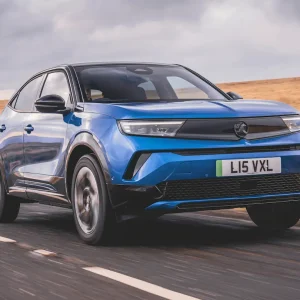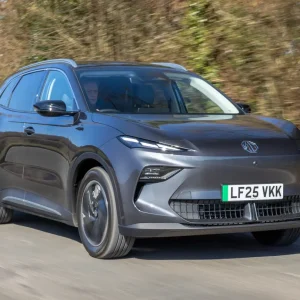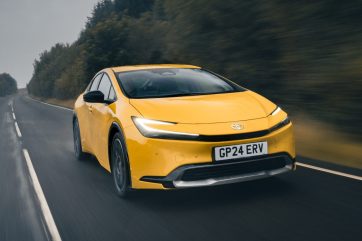
Think of a car that defined hybrid models and the move towards electrification, and we bet you’ll be thinking of the Toyota Prius. Anyway, more than six million were sold across four generations, before the last, which was also available as a plug-in hybrid and the Prius+ MPV, was discontinued in 2021.
Previously a fleet hit mostly with private hire buyers, the reason for its discontinuation was they turned to the British-built Toyota Corolla Touring Sports estate instead. While the quirky, but more modern, CH-R appealed more to other fleet drivers. This current Prius was originally launched two years ago, with the company line being it wouldn’t come to the UK because of that lack of demand. However, it’s now back on sale here, only as a plug-in, because, we were told, there was enough interest.
This is a surprise, as having driven it, this Prius is a very different proposition from its ancestors!
Design and interior
Let’s start with the styling, which is best described as wedgy, low and sleek. From the back, we reckon there are echoes of the third-generation 2009 car, but the rest is interesting, unusual, suits bold colours and big wheels – it really couldn’t be mistaken for any other car. Although, the entry-level Design spec, that we spent most time in and is expected to be the best fleet seller, it looked less impressive on the smaller standard 17in alloy wheels.
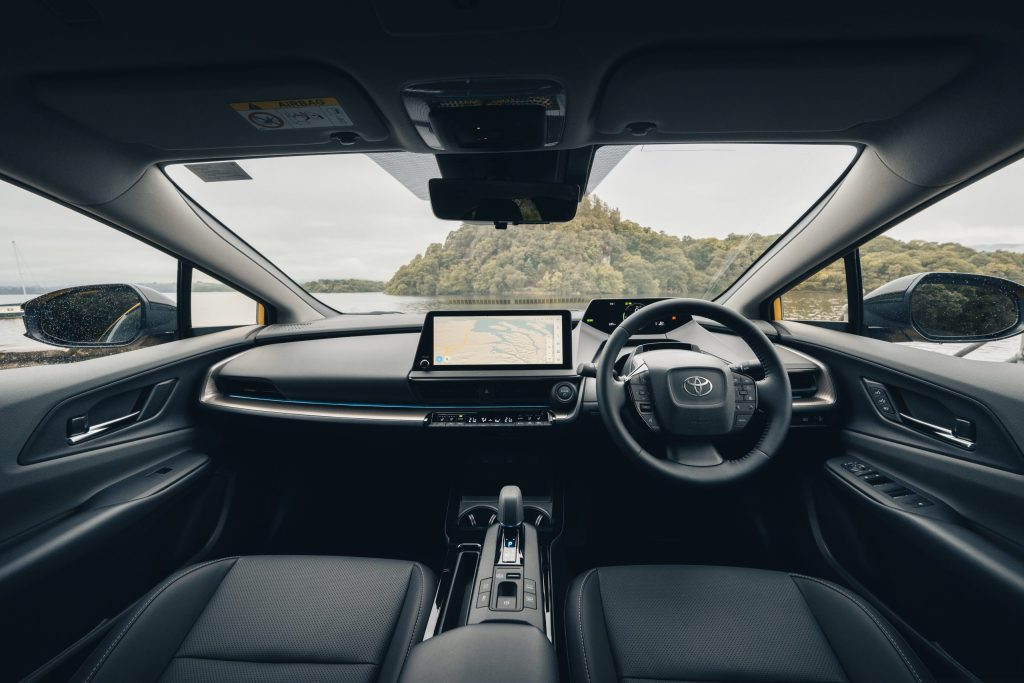
Inside, again the overall look is sharp, modern and well-made, however some of the plastics, and the dark interior trim felt a bit cheap. The driving position is comfortable, you look over the top of the small-ish steering wheel to see the high-set instruments – Peugeot i-Cockpit style. Although the Toyota has a much better solution, as only the smallest bottom part of the speedo is obscured. We’re also fans of the physical buttons for the heating and ventilation.
Move to the back, and legroom is good – although tall passengers’ heads will be brushing the curvy roofline in the back, thanks to the design. Plus, the smaller 284-litre boot will keep taxi drivers in their Corollas.
Performance and drive
Underneath the curvy body, the Prius is powered by a 152hp 2.0-litre petrol engine, mated to a 163hp electric motor, equalling a total output of 223hp (not the 300+hp expected, as neither the engine nor motor go to maximum power at the same time). Still, considering the old one made just over 120hp, this is, in fact, a big performance jump. To get all this power to the road, the Prius is fitted with Toyota’s electronic continuously variable transmission (E-CVT), which in practice mostly acts like a conventional auto.
Elsewhere, the 13.6kWh battery for the plug-in system lives under the back seat and gives a decent 53 miles of EV-only power – better than the CH-R Plug-in’s 41 miles. The 3.5kW on-board charger means the Prius can be topped up from a standard 220V mains electricity supply, going from zero to full in four hours.
The new Prius again surprises on the road, with its reasonably precise steering and keen handling – thanks to the fact that at 1,545kg, it’s not as portly as EVs. Helped by the short and low design, this Toyota is actually good fun to drive – unless you ask too much of the acceleration, when the engine gets noisy. It is pleasingly refined too – especially on the Design’s smallest 17in wheels.
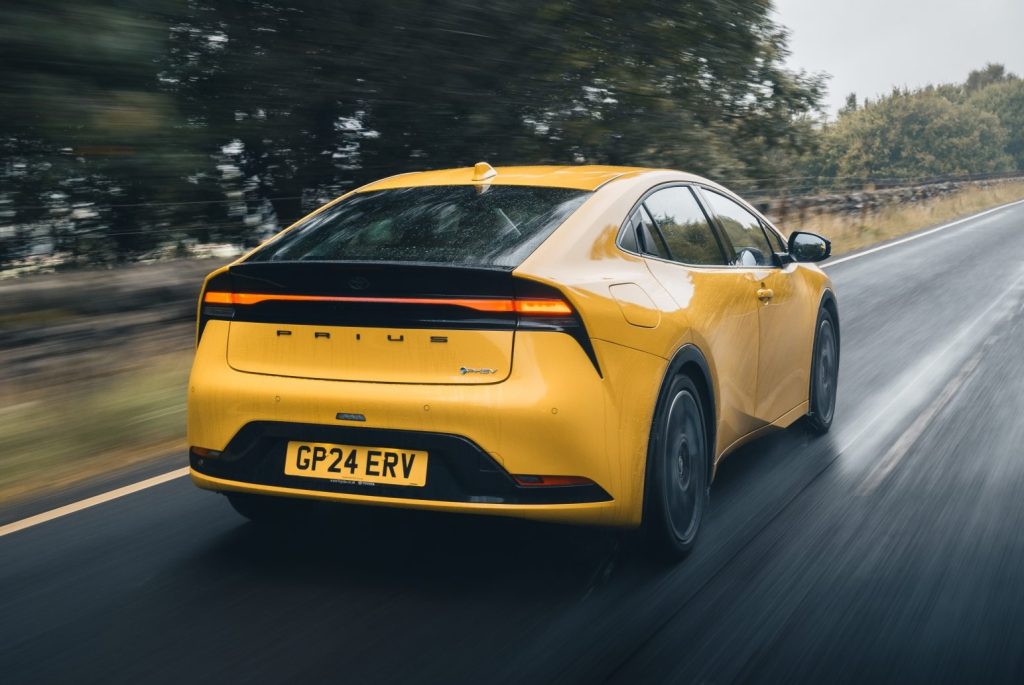
With the sharp styling and keen drive, it’s obvious this car is going to appeal to a different sort of buyer than the Prius norm. If they can get past the badge, they’ll find one of the best-looking, keenest-driving plug-in hybrids on sale.
Positive: Looks great, good to drive, performance, decent EV range
Negative: Expensive, design compromises rear headroom, boot on
the small side, engine noisy when worked
Standard equipment: 17in alloy wheels, smart entry, rear privacy glass, Toyota Smart Connect+ multimedia system with both cloud-based and embedded navigation, fully digital driver’s combimeter, parking sensors with obstacle, vehicle and pedestrian detection, dual-zone air conditioning, Toyota Safety Sense assistance.
Engine: Plug-in hybrid: 223hp 2.0
Equipment grades: Design, Excel
Transmission: E-CVT
| Model | Toyota Prius 2.0 PHEV Design |
| P11D | £37,260 |
| Residual value | 50% |
| Depreciation | £18,134 |
| Fuel | TBC |
| Service, maintenance and repair | £2,178 |
| Cost per mile | TBC |
| Fuel consumption | 403.5-565mpg |
| CO2 (BIK%) | 12g/km (8%) |
| BIK 20/40% a month | £49/£99 |
| Luggage capacity | 284 litres |
| Engine size/power | 1,987cc/223hp |
| Score | 8/10 |

